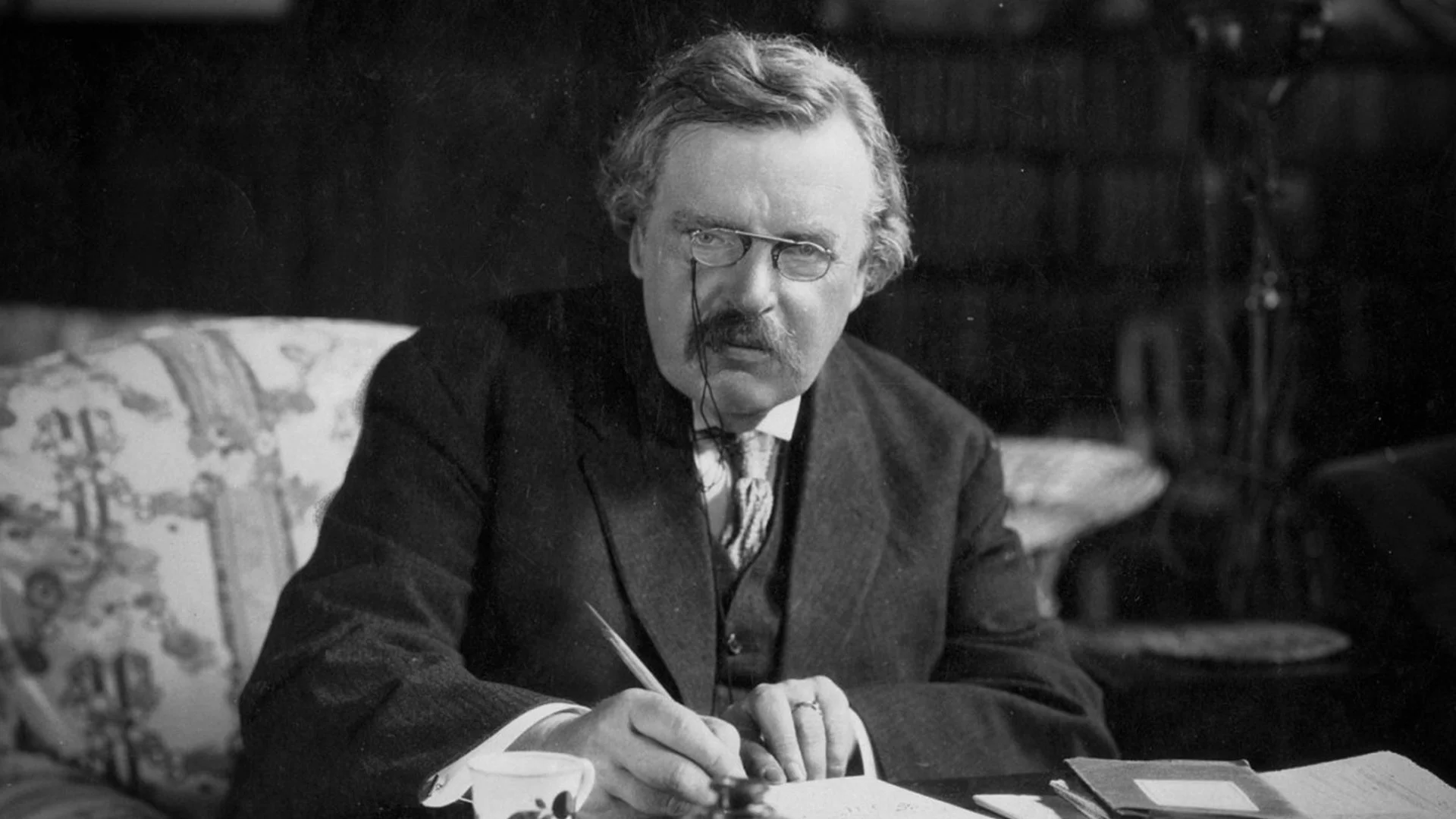Talk to a financial planner and they’ll recommend that you invest regularly. Investments are better when they are diversified, and that includes multiple months and years as well as multiple stocks and funds. Regular investing means you have a financial plan to put away a portion of your income repeatedly. And you’ll see better results as you accumulate wealth over time. You certainly wouldn’t wait until your 64 years old and then throw all you have into the market, hoping for a monster return at the last minute to save your retirement.
Often, though, leaders do exactly this with their own spiritual development. Instead of regularly investing in the growth of their relationship with God, they wait for a crisis in life or faith, or a big decision, and throw themselves into prayer and Bible study at the last minute in the hope of getting spiritual answers they need. Your daily time alone with God and study of the Bible is the key to growing in leadership. Yet only 45% of Christians say they read the Bible “at least once a week”, while a third say they engage in the Scriptures “seldom or never”.[1] The number of Christians that read the Bible every day? Only around 11%.
Christian leaders say the Bible is important, but their actions show a reluctance to invest time regularly in its pages. If you find yourself among the 90% of Christians that could increase their daily time in spiritual development, consider how you might view this in terms of leadership:
Read to lead. The Bible contains both instructions and examples of leadership. Reading the Bible systematically will help you gain an understanding of Who God is, and how you are to conduct your life and work as a leader. King David wrote Psalm 119 as a poem that describes the value and importance of God’s Word. Psalm 119:105 says, “Your word is a lamp for my feet, a light on my path.” The picture here is the Bible as a guiding light.
In Bible times there was no electricity. Think about going out at night, trying to do a late chore or visit a neighbor. No roads, only narrow, rocky paths in the dark. To keep from falling, you might light an oil lamp and hold it low at your feet so the path in front of you would be illuminated. The Bible, then, keeps us from tripping and falling, or taking a wrong turn, because it helps us see ahead in the dark. As a leader you might be tasked with “risk management”—assessing direction and decisions and taking into account the possible threats and dangers. The Bible is a powerful tool to grow your personal and spiritual leadership. It will help you take a safe path in the dark.
Pray to lead. Though only 11% of Christians read their Bibles daily, over 40% of Christian men (and 60% of Christian women) share that they pray daily. A good leader surrounds himself with wise counsel. Prayer is a resource that connects us to this wisdom of God. We might think of prayer as finding a quiet place and talking to God out loud or in the mind, voicing our needs and requests to Him. This is a facet of prayer, but the majority of prayer is not talking, but listening.
When we pray, we are asking for God’s guidance. By doing this we are acknowledging God’s voice as above the other voices in our live. We are praying, “God, You are my chief counsel in this. Tell me Your desire in this, and how You want me to respond.” This is what Jesus meant when He taught us to pray in Matthew 6:10, “…Thy will be done…” Jesus Himself prayed this same prayer on the cross: “My Father, if it be possible, let this cup pass from me; nevertheless, not as I will, but as you will” (Matthew 26:39). Prayer for the leader is turning our difficulties over to God, and trusting His wise counsel as we listen and respond.
Meditate to lead. Meditation is simply a word that means to focus the mind. A leader’s thoughts influence his conversations and decision-making. Knowledge and experience, values, character traits, goals, distractions, tangents—all of these swirl around in a leader’s mind as he contemplates his role and actions. Philippians 4:8 tells us precisely how to focus our minds to make the most of our thoughts in leadership: “…whatsoever things are true, whatsoever things are honest, whatsoever things are just, whatsoever things are pure, whatsoever things are lovely, whatsoever things are of good report, if there be any virtue and if there be any praise, think on these things.”
Philippians reminds us of the daily exercise of keeping the mind pure and upright. This also keeps your leadership on track. Sometimes this is referred to as “taking your thoughts captive” (2 Corinthians 10:5). In practice, this is a daily focusing of the mind on those thoughts that will lead you toward a God-centered direction. Often this means honing in on spiritual goals versus bottom-line outcomes. Romans 12:2 teaches, “Do not be conformed to this world, but be transformed by the renewal of your mind, that by testing you may discern what is the will of God, what is good and acceptable and perfect.”
Resolve to lead. Finally, each day, spend effort to “stand firm” in your faith (1 Corinthians 16:13). A leader is tested when his responsibilities intersect with his beliefs. This happens in small ways every day. Look, then, at each leadership choice as an opportunity to demonstrate a Christ-centered model to those around you. This way, when bigger challenges and crisis come, you have already put yourself on firm footing. It’s more difficult, for instance, to be truthful on a big contract negotiation if you have already participated with your team in rounding up the numbers on last quarter’s report.
Resolve is leadership without compromise. Important decisions and directives will have integrity if every small facet of life and work is lived with integrity. 1 Corinthians 15:58 teaches, “My beloved brothers, be steadfast, immovable, always abounding in the work of the Lord, knowing that in the Lord your labor is not in vain.” This is a daily exercise.
In his book Outliers: The Story of Success, author Malcom Gladwell examined reasons why some current and historical leaders achieved astounding levels of success. He looked at Microsoft founder Bill Gates, Manhattan Project leader J. Robert Oppenheimer, the Beatles and others. What he found, in part, was that success for these leaders was not predicated primarily on raw talent or chance. Rather, in each case the leader engaged in hours of daily practice which grew his or her still and expertise. He wrote, “Practice isn’t the thing you do once you’re good. It’s the thing you do that makes you good.”
In this sense, spiritual disciplines practiced are a daily investment in personal and professional growth. Great leadership is not making four or five big breakthroughs at crucial moments in life and work that leaders to greatness. Rather, it is practicing with discipline each day so that what one values becomes routine. Psalm 1:1-2 summarizes a healthy spiritual routine: “Blessed is the man who walks not in the counsel of the wicked, nor stands in the way of sinners, nor sits in the seat of scoffers; but his delight is in the law of the Lord, and on his law he meditates day and night.”
[1] https://www.pewresearch.org/religion/religious-landscape-study/christians/christian/frequency-of-reading-scripture/
































Fidelity is rare. It requires our allegiance to something greater than ourselves. The value of fidelity to a leader is not a loyalty that just serves customers or a company. Rather, it is fidelity to one’s character and values.